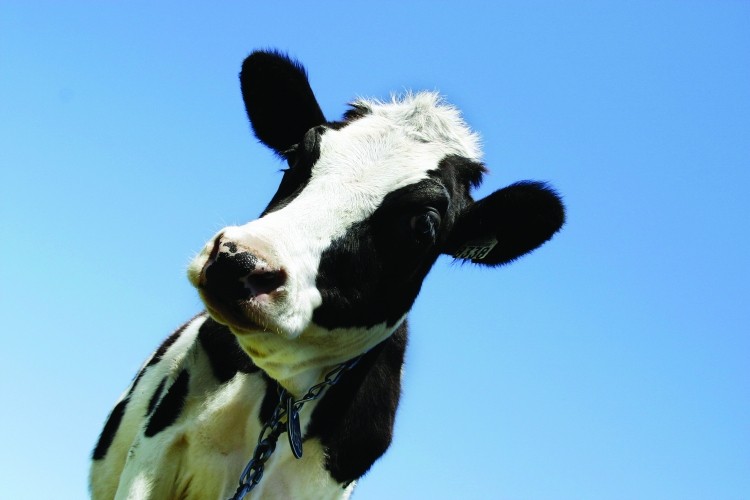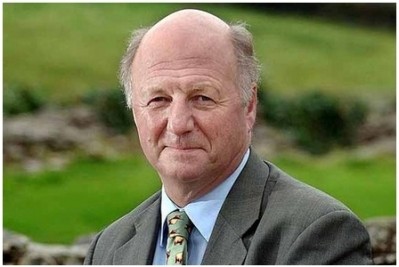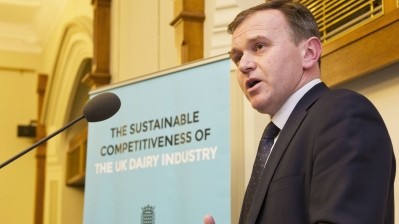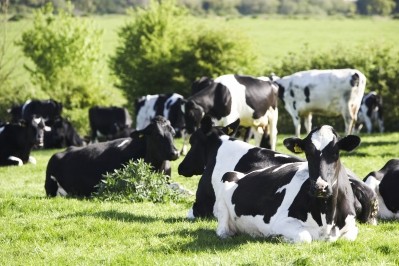Dairy crisis
MP urges industry to drive dairy demand

“Big retailers need to stick with the farmers right now in this period of difficulty, otherwise the dairy farmers will be driven out of business,” Neil Parish, MP for Tiverton and Honiton, who is also the chair of the All Party Parliamentary Group on Dairy, told FoodManufacture.co.uk.
“Drive promotions in store to boost dairy purchases and think of new ways to attract consumers to buy dairy products,” said Parish, who is also a member of the Environment, Food and Rural Affairs Select Committee.
There was a proportion of the population demanding a new dairy product to consume, whether it was a drink or a yogurt, something needed to be thought of to boost dairy purchases right now, Parish urged.
The storm
Rows over falling milk prices have been rumbling on for some weeks now, intensified yesterday (October 6) when Müller appealed for planned protests over milk price cuts to be called off.
Dairy farmers had resorted to protesting outside major British dairies in response to recent cuts to farmgate milk prices, some of which were reported to be as low as 25p per litre.
But the processors had also suffered from the fall in prices, a source close to the industry told FoodManufacture.co.uk.
“A couple of months ago, processors were paying record highs for milk, now they are paying very little and this sort of volatility is not good for any business,” said the source, who did not want to be named.
Too much milk
Ultimately, there was too much milk on the market and not enough demand, so what were the processors meant to do? the source asked.
According to Müller, dairy farmers had been producing record amounts of milk and had increased production by almost an extra litre for every 10 litres produced last year.
Meanwhile, the continued trouble in the Ukraine and Russia had also prevented European producers exporting there, which had increased supply, added Parish.
“Although the UK never exported milk to Russia or the Ukraine, the rest of Europe did and that’s had an effect on the amount of milk we have on the European market,” he said.















